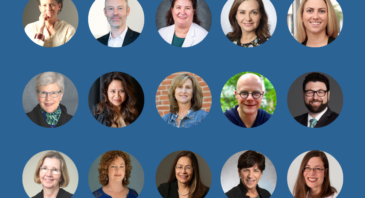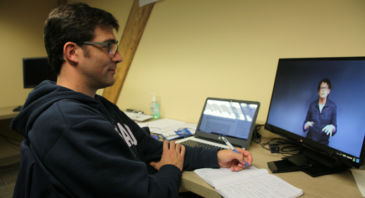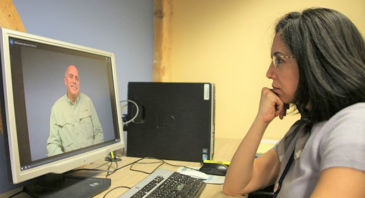Recorded: June 10, 2020
Learning Objectives:
Following this webinar, participants will be able to:
- Describe the role conversation plays in driving organizational culture
- Contrast front-line workflow adaptation using briefing and debriefing versus traditional planning approaches in shaping culture
- Explain the role of discovery and curiosity in conversations to support staff well-being and reliability and avoid burnout and inconsistency
Host
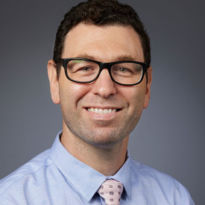
Demian Szyld, MD, EdM
Senior Director, Faculty Development Program
Center for Medical Simulation, Boston, Massachusetts
Dr. Szyld is an Emergency Medicine physician at the Brigham and Women’s Hospital (BWH) and a Lecturer at Harvard Medical School. Dr. Szyld was the first Simulation and Education Fellow at the STRATUS Simulation Center at BWH and is actively involved in the Society for Simulation in Healthcare and has chaired the Formal Training Affinity Group, led the Affiliations Committee and served as an Accreditation Site Reviewer and completed a term on the Board of Directors (2016-2019).
Panel Moderator

Jenny Rudolph, PhD
Executive Director
Center for Medical Simulation, Boston, Massachusetts
Dr. Rudolph is an organization behavior scholar who has helped health educators world-wide promote dynamic, honest, but non-threatening conversations through the “debriefing with good judgment” approach to reflective conversations. Dr. Rudolph is a life-long athlete who brings the joy of practice to learning in healthcare education, especially feedback, debriefing, and collaboration at point of care.
Panelists
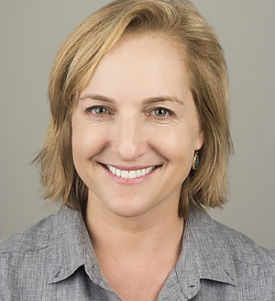
Laura Rock, MD
Director of the Simulation Core
Faculty, Department of Medicine
Beth Israel Deaconess Medical Center, Boston, Massachusetts
Faculty
Center for Medical Simulation, Boston, Massachusetts
Dr. Rock’s professional activities include serving as the attending physician in the Medical Intensive Care Unit, teaching and communication education research. As the Director of the Simulation Core Faculty in the Department of Medicine, she designs and teaches numerous courses for learners ranging from students to faculty, including: communication with family of critically ill patients, interprofessional code leadership and team training, “rapid response training,” individual training in clinical decision making and communication, central line insertion and pulmonary procedures. Dr. Rock has several educational interests, including the use of high-fidelity simulation and providing feedback with an emphasis on curiosity and respect in the simulation and clinical setting.

Lon Setnik, MD, FACEP
Emergency Medical Physician
Concord Hospital, Concord, New Hampshire
Medical Director
Concord Hospital Forrest D. McKerley Simulation and Education Center, Concord, New Hampshire
Faculty
Center for Medical Simulation, Boston, Massachusetts
Dr. Setnik’s clinical duties include attending in the Emergency Department. In his work with simulation, he focuses on improving care for critically ill patients by working with people, teams, systems, and processes. He works with the NH Army National Guard, regional Paramedics, Family Medicine Residents, and hospital based teams including Obstetric, Trauma, Pediatric and Adult Code Blue, and Stroke. Most recently he has been involved in projects to improve the safety of teams performing intubation in COVID-19 suspected patients, and Central Venous Catheter insertion. As Immediate Past President of the Medical Staff he has contributed to a culture of safety, transparency and inclusiveness in organizational leadership.
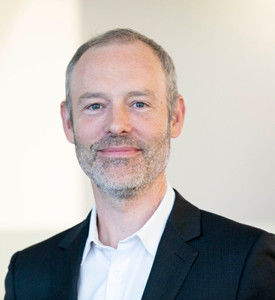
Chris Roussin, PhD
Senior Director, Education Leadership and International Programs
Center for Medical Simulation, Boston, Massachusetts
Dr. Roussin is an innovator in simulation program and faculty development, devising new ways to use simulation to build relationships, quality, safety and meaning in healthcare work. He has significant experience creating strong partnerships in complex healthcare organizations to build sustainable and culture-changing programs based in experiential learning and positive communication, collaboration and feedback approaches.
